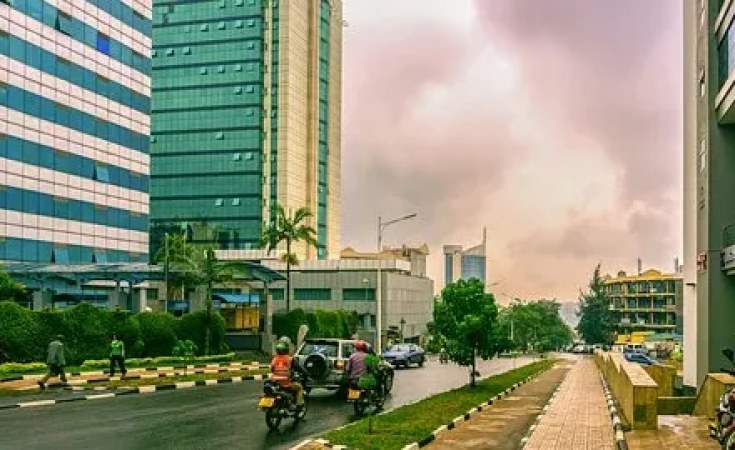Rwanda has emerged as one of the models of effective management of public health crises. Through its national pandemic prevention strategy - applied during Covid-19, Mpox, and Marburg Virus outbreaks - the country has demonstrated the value of early preparation, innovation, and community-driven efforts in safeguarding public health.
At the core of Rwanda's approach is its Early Warning and Surveillance Systems, which enable swift detection of outbreaks and proactive responses. The Rwanda Health Management Information System (R-HMIS) has been vital in real-time disease tracking, while more than 60,000 Community Health Workers (CHWs) act as the first line of defence in local communities, helping monitor health issues and promoting early interventions.
Rwanda's investment in public and private health infrastructure has also been critical. The expansion of healthcare facilities, alongside the introduction of nationwide contact tracing, mass testing, and vaccination campaigns, starting with frontline workers, has supported effective disease management. Notably, isolation centres and widespread testing have helped contain the spread of viruses like Marburg.
Technology and data analytics are key features of Rwanda's strategy. From drones used for public health messaging to AI-driven disease modelling, technology has enabled more efficient monitoring and response efforts. Mobile health platforms have also helped track infections, while telemedicine services ease the burden on hospitals and help ensure accessible healthcare even during lockdowns.
Multi-sectoral coordination has been another critical component of Rwanda's pandemic strategy. In particular, the country's security forces have played a fundamental role in response efforts, while businesses were mobilised to produce personal protective equipment (PPE), reducing reliance on international imports. This public-private partnership has strengthened Rwanda's ability to maintain a coordinated national response.
Needless to say, support from international partners has added another critical layer of intervention to Rwanda's efforts. Partnerships with organisations such as the Africa CDC, World Health Organization (WHO), pharmaceutical companies and other stakeholders provided guidance, medical supplies, and vaccines. Regional cooperation with neighbouring countries also enhanced preparedness and data sharing on disease outbreaks.
Despite these efforts, challenges remain, such as dependence on external support for vaccines and expertise, and the economic toll on sectors like tourism and small businesses. Notably, through community outreach and education, Rwanda addressed vaccine hesitancy, eventually resulting in a near universal coverage.
Key lessons
- Early preparation is essential. By investing in health systems and surveillance mechanisms before a crisis, Rwanda was able to respond swiftly and effectively.
- Technology can make a huge difference in pandemic management. The country deployed AI-powered and other digital tools, enabling more efficient monitoring and response efforts.
- Community engagement is critical. This exercise fostered public trust and compliance with health measures and underscored the importance of grassroots efforts and multi-sectoral collaboration, which are essential for overcoming public health challenges.
Rwanda's approach demonstrates that, even with limited resources, a well-coordinated, technology-enabled, and community-centred strategy can make all the difference in managing outbreaks. As global health threats persist, Rwanda offers important lessons on building a resilient health system.
The writer is a communication specialist based in Kigali.


